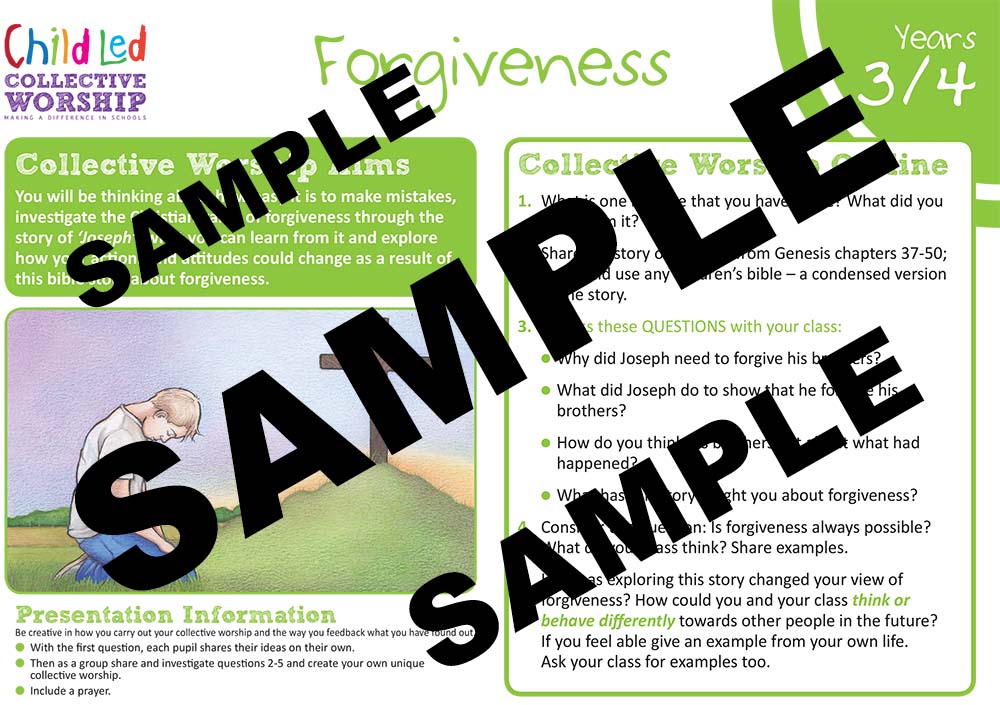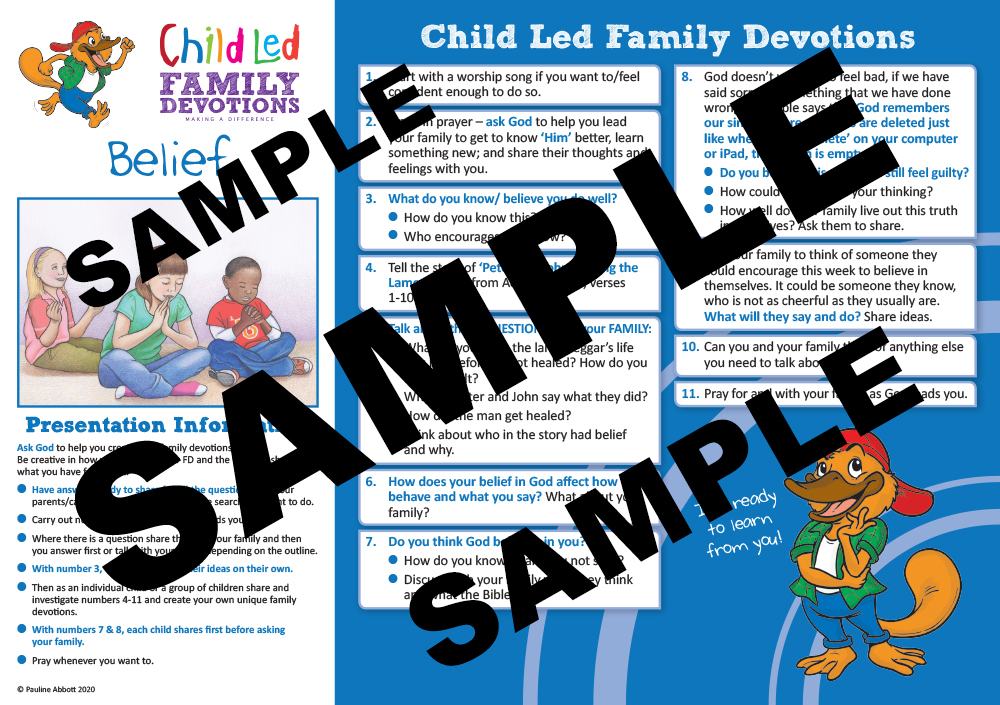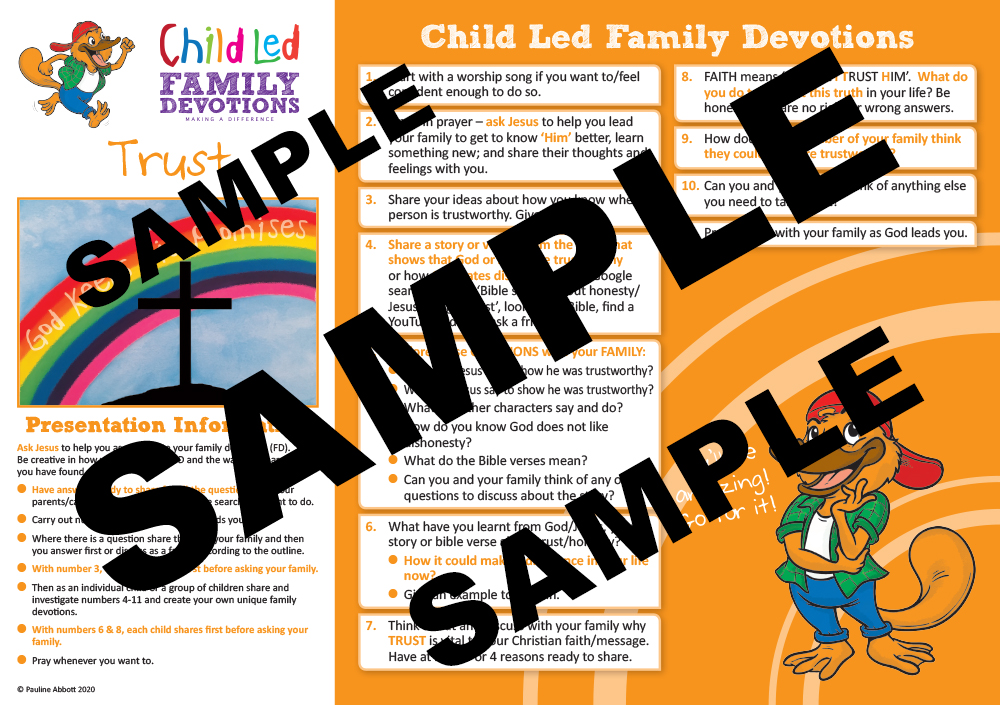The history of Child-Led Collective Worship
My name is Pauline Abbott and I have 25 years of teaching experience working with all primary age groups. I am a committed Christian and passionate about making a difference in the lives of the children.
The story of Child Led Collective Worship (CLCW) began when I took the collective worship development lead at Bitterne CE Primary School, Southampton. To deliver my own vision and satisfy Statutory Inspection of Anglican and Methodist Schools (SIAMS) requirements for children to be more involved in leading collective worship from the front, I began developing a series of resources. This has developed dramatically since, and the resulting framework was instrumental in realising a SIAMS Outstanding Grade for the school.
After receiving a scholarship from ‘The Farmimgton Institute, Harris Manchester College, Oxford University, I trialled the initial paper resources in over 30 classrooms. The success and feedback of CLCW encouraged me to further develop and create the published resources offered. They can be adopted by any school interested in developing child led collective worship and theological understanding; children taking autonomy.
CLCW resources presently available are based around the Christian values of Peace, Responsibility, Hope, Tolerance, Forgiveness, Trust, Thankfulness and Belief. They are being used in a growing number of schools to help children to create, plan and deliver collective worship to their own class. This is a resource that teachers can put into the hands of their children, facilitating creation of unique collective worships, with children taking ownership for themselves. Development of theological thinking is cultivated through enquiry, investigation, interpretation and evaluation of biblical material by all children taking part. These are crucial elements missing from our schools according to ‘Making a Difference? A Review of Religious Education in Church of England Schools’ report.
CLCW has now been successfully introduced into schools all over England and Wales and I now go into schools and work with children and train staff. The feedback is unmistakable: children benefit significantly from leading and participating in class-based collective worship. The lives of the children have been changed: they have learnt strategies for life, whether that involves a faith in God or not, they have learnt from one another and are making a difference in the lives of those around them.
“My vision for CLCW is to shape the lives of children nationwide for many years to come, including future generations. I believe they will in turn transform the lives of those they come into contact with, and therefore contribute positively to changing our culture and society.”
— Pauline Abbott, founder, Child-Led Collective Worship




